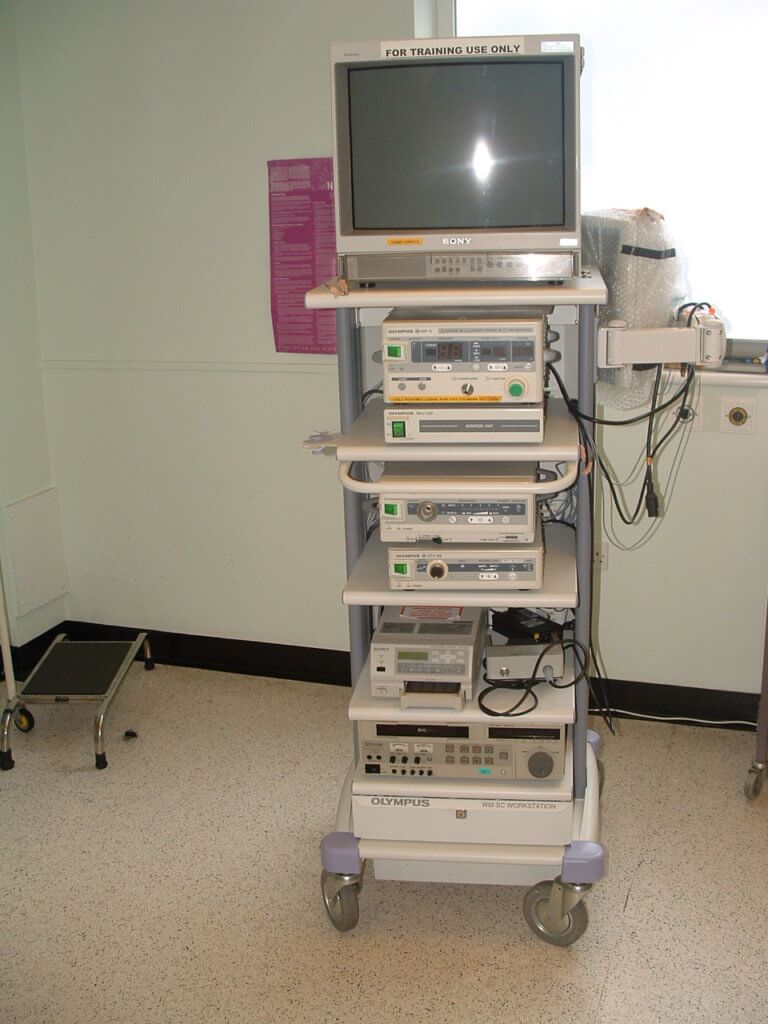Laparoscopic Surgeon’s Perspective
Traditionally, laparoscopy has been used as the diagnostic tool in the management of ectopic pregnancy. Patients are taken to theatre on the basis of their history, examination and investigation. Laparoscopy is the instrument of choice for surgical investigation of the condition because it requires fairly basic level training to perform safely and should produce minimal scarring for the patient, should the diagnosis turn out to be incorrect.
Laparoscopy will give an excellent view of the uterus, fallopian tubes and ovaries and under normal circumstances it is easy to identify the presence of an ectopic pregnancy, either with bleeding from the tube or simply a swelling of the tube itself.
At this point management can vary considerably. The traditional approach has been to confirm the diagnosis of ectopic pregnancy and then perform a laparotomy, usually through a Pfannenstiel (bikini line) incision. Ectopic pregnancy is then removed either with a small section of the fallopian tube or with the entire fallopian tube, depending on the situation and the surgeon. This traditional approach produces an increased risk of post-operative infection, blood loss, bruising around and within the wound and a significant risk of adhesions within the pelvis, which can compromise the patient’s future fertility. Laparotomy performed in this way is a relatively simple technique and in view of the emergency nature of ectopic pregnancy, it does mean that both investigation and definitive surgery could easily be performed by a junior doctor on-call at night.

More recently it has been recognised that laparoscopic surgery can be used not only to diagnose the ectopic pregnancy, but also to manage and remove the ectopic and portion of fallopian tube as appropriate. This has major advantages to the patient in that the risk of infection, bleeding and adhesions are significantly reduced and in turn, fertility has a better chance of being preserved. After a full laparotomy patients usually stay within hospital for three to four days and need four to six weeks recovery before returning to work. After laparoscopic surgery the recovery period is one day in hospital and two to three weeks before returning to work.
The Royal College of Obstetricians and Gynaecologists now recommend that laparoscopic surgery is performed whenever possible for ectopic pregnancy, but recognise that a degree of extra training is required to make this procedure safe. Unfortunately not all surgeons at the present time are able to undergo this training. Across the country the surgical management of ectopic pregnancy has varied, depending on consultant and junior staff experience. We would always recommend laparoscopic investigation and laparoscopic treatment in ectopic pregnancy as the first choice management for any affected patient.
Mr M L Padwick
MD FRCOG